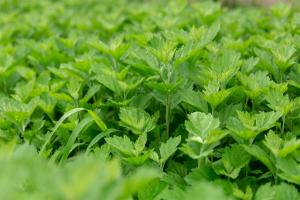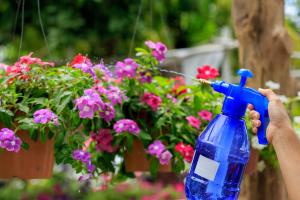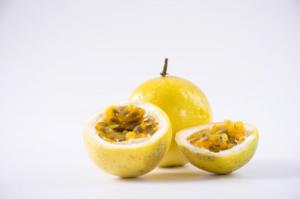Can You Use Tap Water on Air Plants?
Air plants, also known as Tillandsia, are fascinating and low-maintenance plants that can survive without soil and can absorb nutrients and moisture through their leaves. They are often sold as easy-to-care-for houseplants and can be found in various shapes and sizes. However, one common question that many people ask is whether tap water is suitable for air plants or not. In this article, we will discuss whether or not you can use tap water on air plants.
The Pros and Cons of Using Tap Water on Air Plants
Tap water is a convenient and readily available source of water for most people, but it may not always be suitable for air plants. It contains minerals, chemicals, and other impurities that can accumulate on the leaves and affect their growth and overall health. On the other hand, using tap water can also have some benefits such as:
It is a reliable and consistent source of water.
It contains some essential minerals and nutrients that air plants need to grow.
It is usually free or inexpensive compared to bottled or distilled water.
However, the disadvantages of using tap water on air plants often outweigh the advantages. Here are some of the potential problems:
Minerals and chemicals in tap water can accumulate on the leaves and create a white, powdery residue that can block the pores and interfere with the plant's ability to absorb moisture and nutrients.
Chlorinated water can be harmful to air plants as it can damage the leaves and cause them to turn brown, wilt or die.
Tap water may contain high levels of dissolved salts, which can cause the tips or edges of the leaves to turn brown and curl up, a condition known as 'leaf burn.'
How to Treat Tap Water for Air Plants
While tap water is not the best option for air plants, you can still use it if you take some precautions and treat it properly. Here are some tips on how to treat tap water for air plants:
Let the water sit for 24 hours before using it. This will allow the chlorine to evaporate and the water to reach room temperature.
Filter the water using a carbon filter or reverse osmosis system to remove impurities and chemicals.
Add a small amount of fertilizer to the water to provide essential nutrients for the plants. Use a fertilizer that is labeled specifically for air plants and dilute it according to the manufacturer's instructions.
Alternatives to Tap Water for Air Plants
If you want to ensure the optimal health and growth of your air plants, you may want to consider using alternative sources of water such as:
Distilled water - this is pure water that has been treated to remove all minerals and chemicals.
Rainwater - this is a natural source of water that is pure and free of minerals and chemicals.
Spring water - this is water that comes from a natural spring and may contain some minerals and nutrients that air plants need.
Regardless of which water source you choose, it is important to remember that air plants do not require a lot of water and can be easily overwatered. Carefully observe your plants and adjust the amount and frequency of watering accordingly.
Conclusion
In summary, while tap water can be used for air plants, it is not the best option because of the potential risks associated with its use. If you choose to use tap water, make sure to treat it properly and follow the precautions outlined in this article. Alternatively, consider using alternative sources of water for your air plants to ensure their optimal growth and health.

 how many times do yo...
how many times do yo... how many planted tre...
how many planted tre... how many pine trees ...
how many pine trees ... how many pecan trees...
how many pecan trees... how many plants comp...
how many plants comp... how many plants can ...
how many plants can ... how many plants and ...
how many plants and ... how many pepper plan...
how many pepper plan...
































